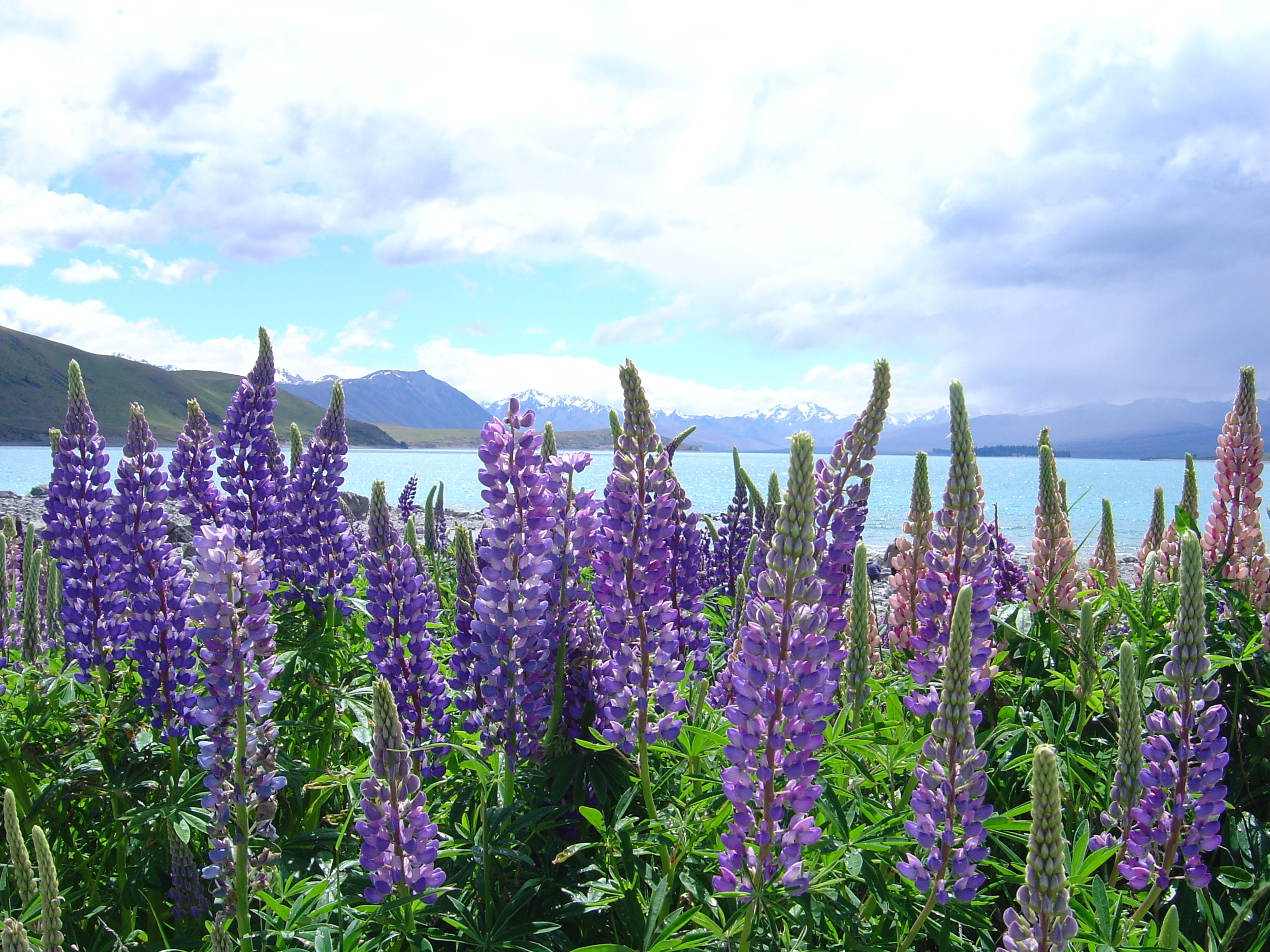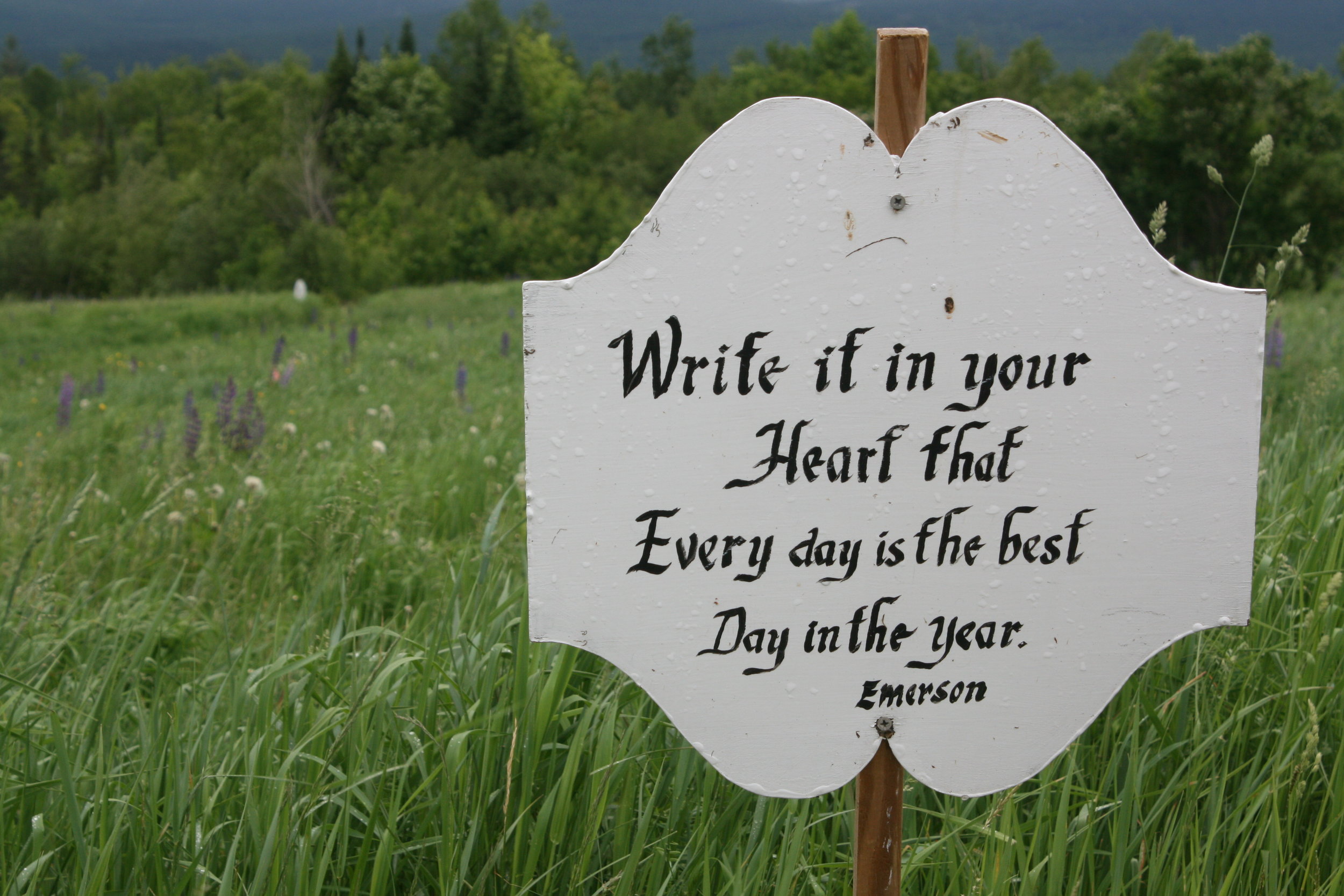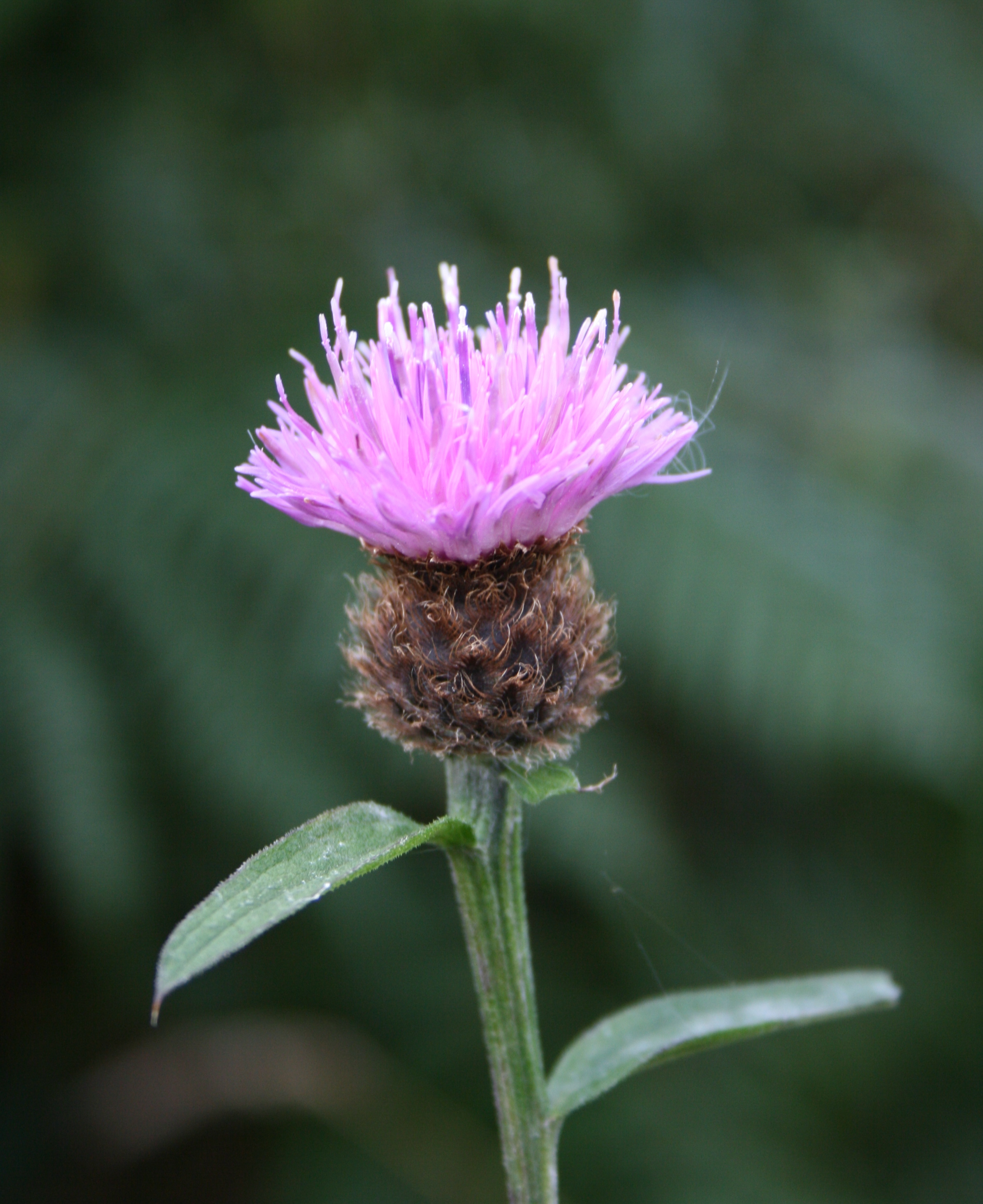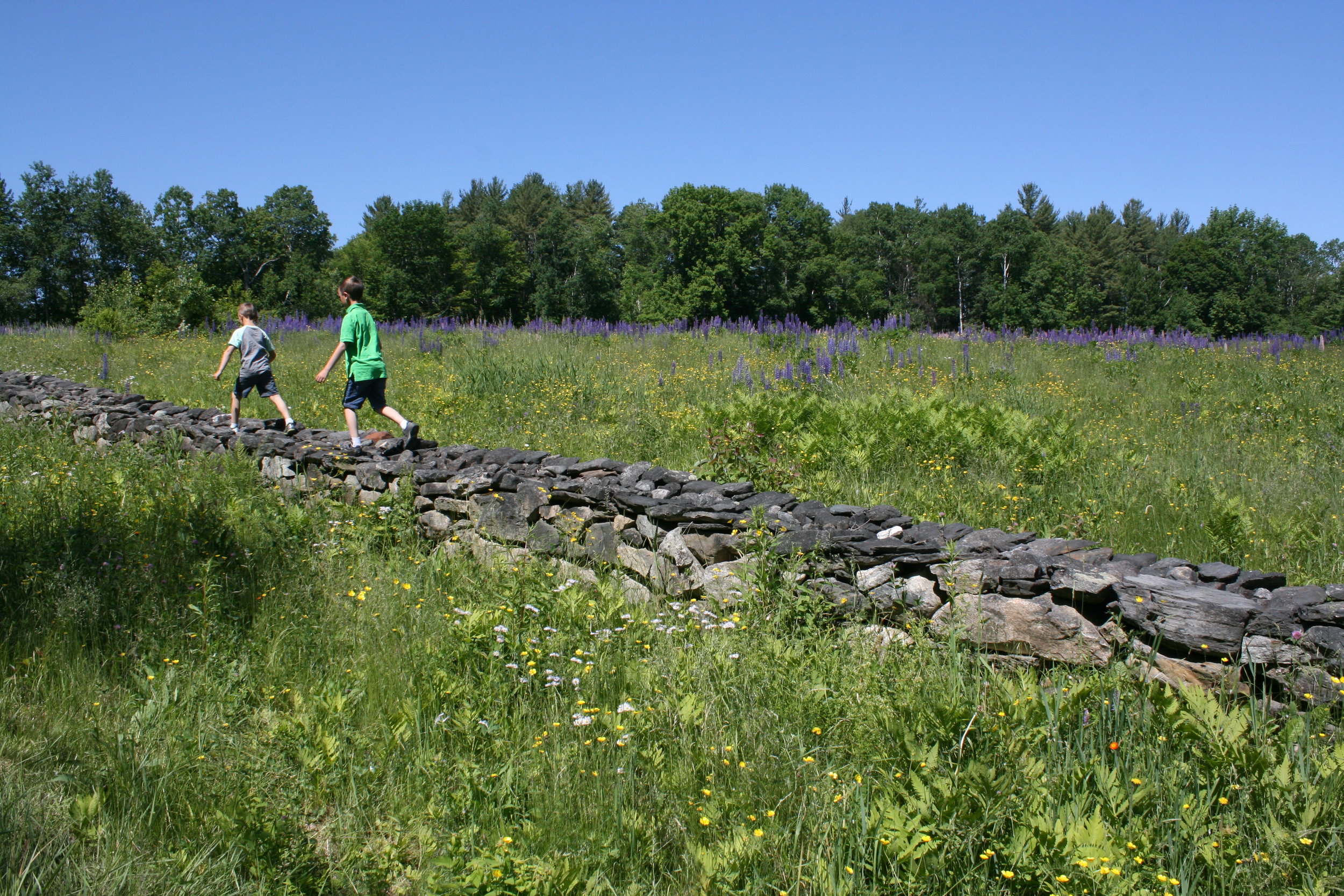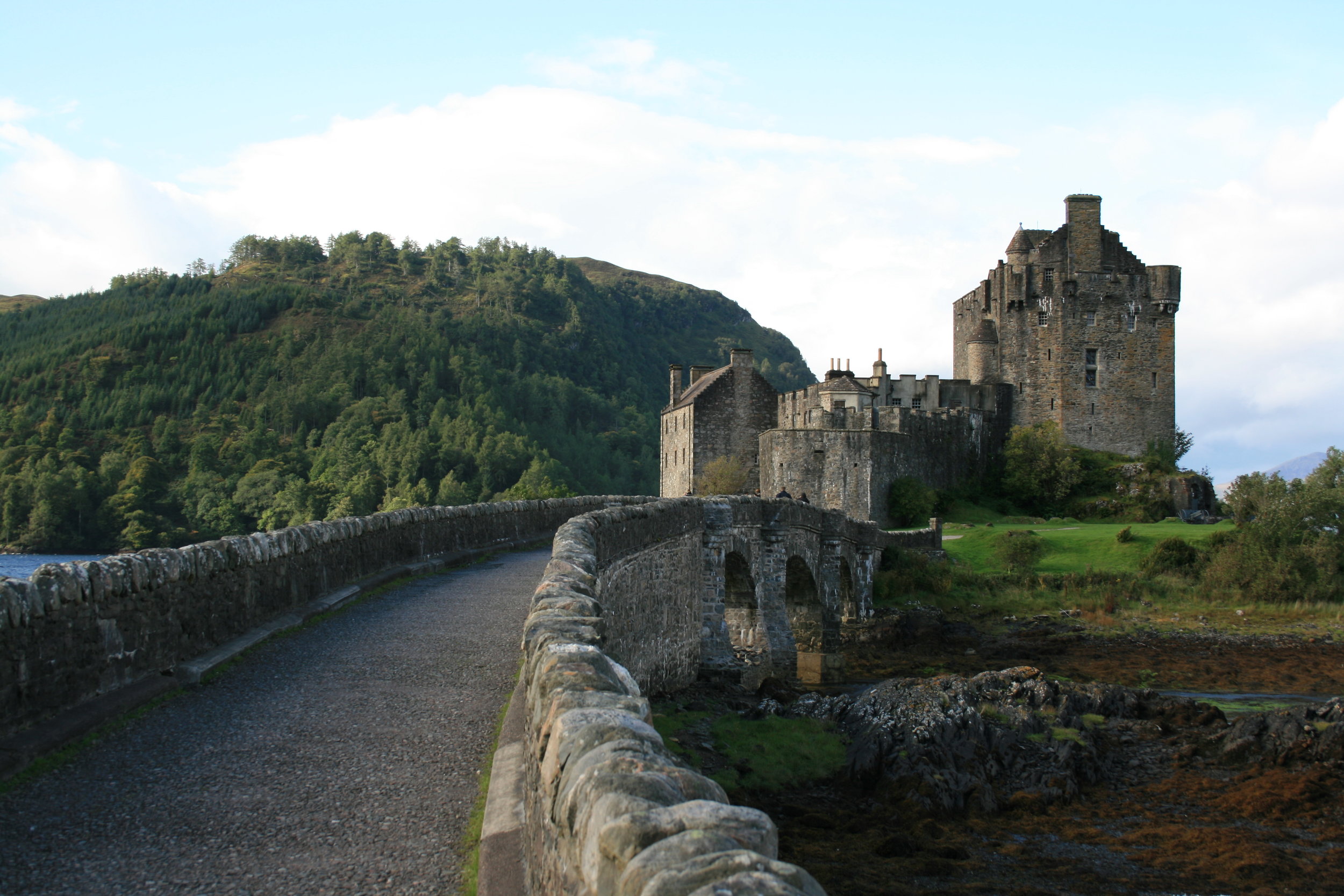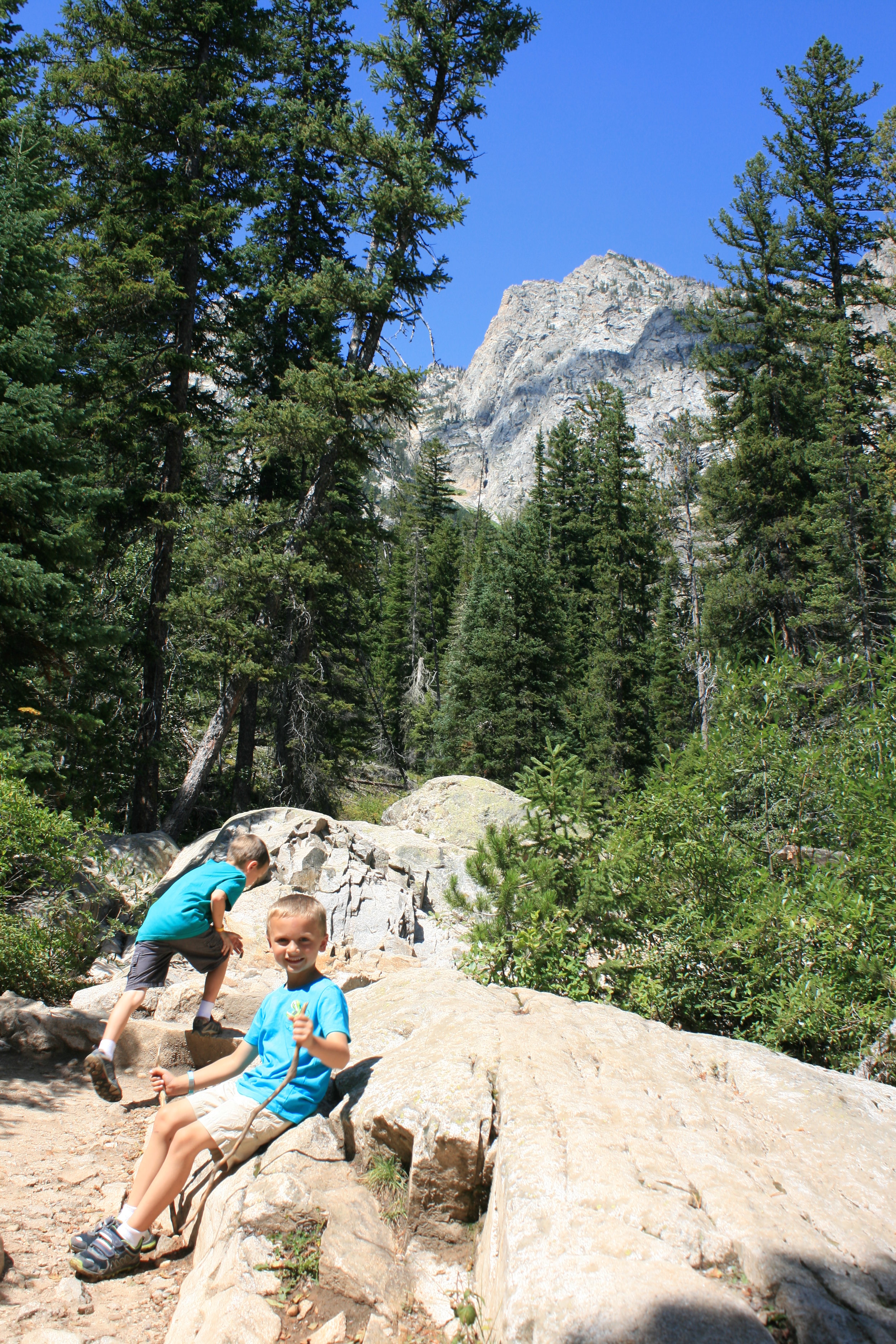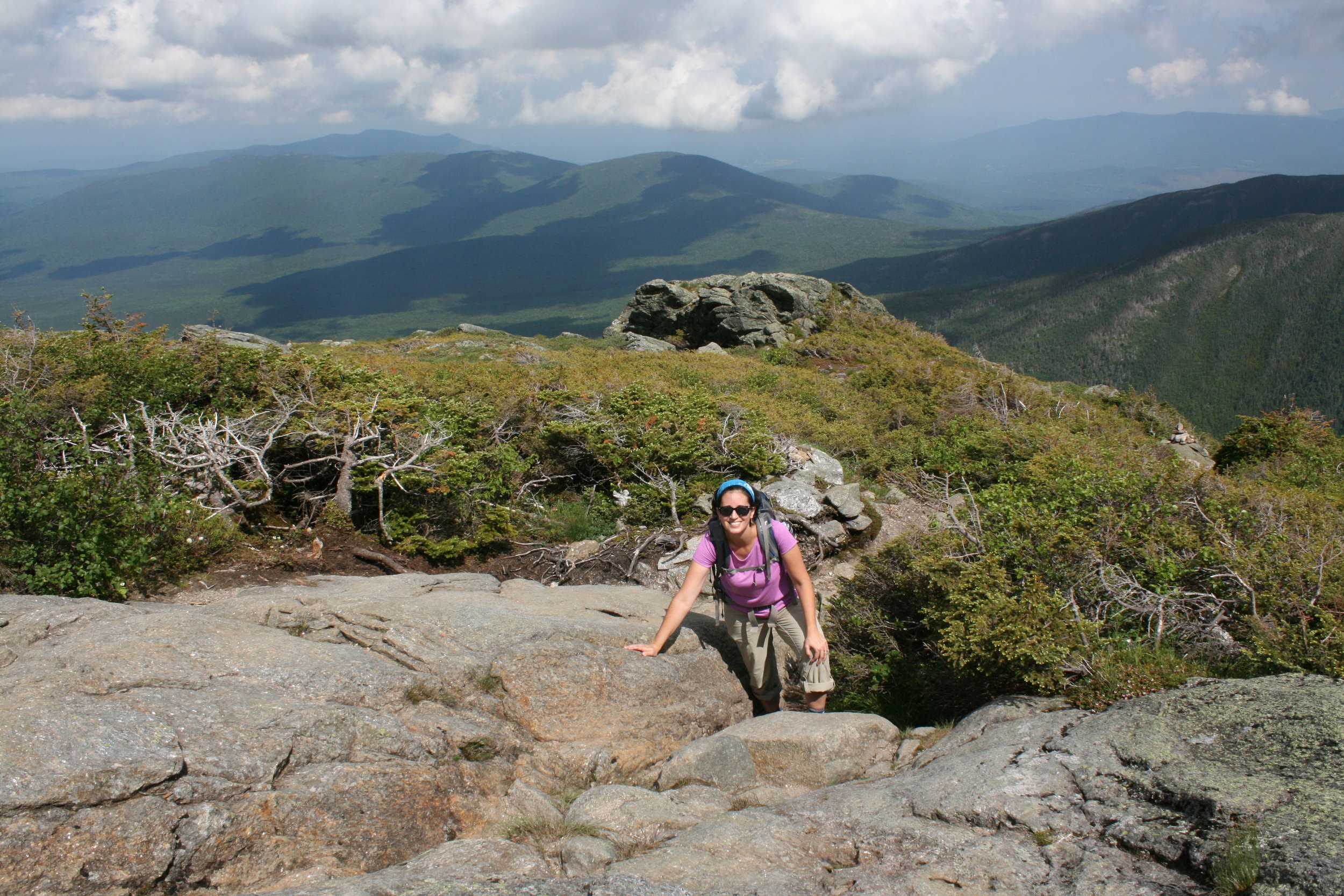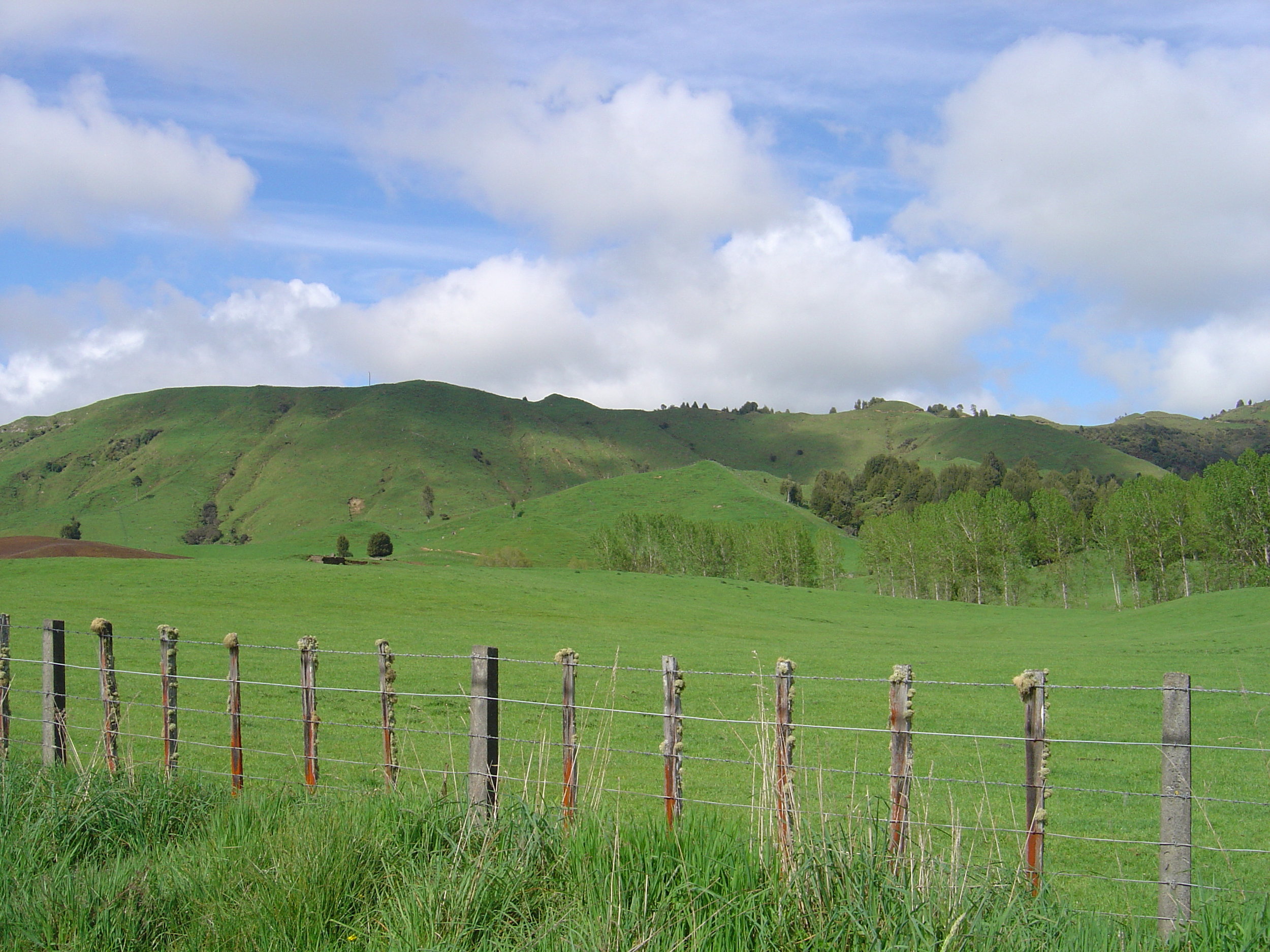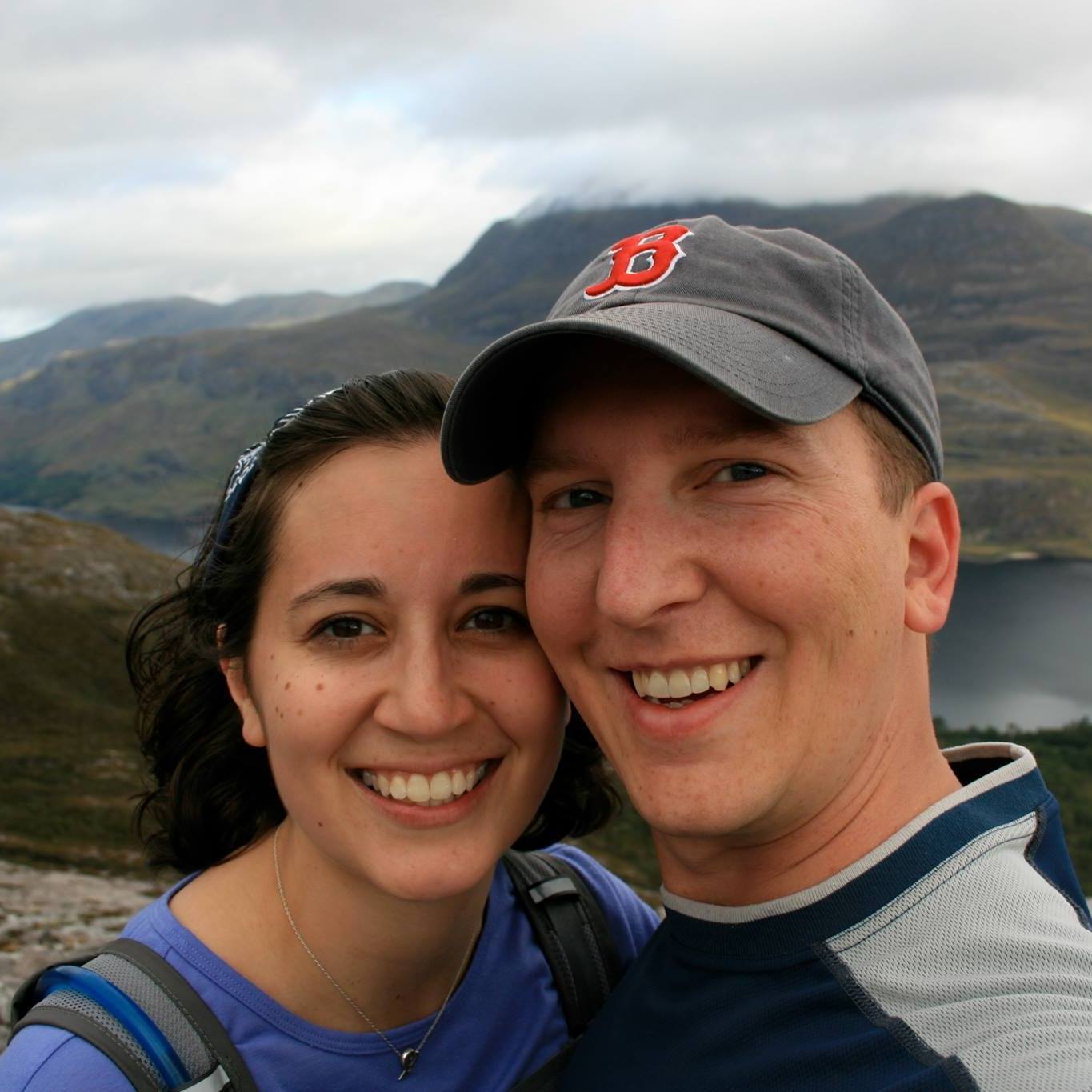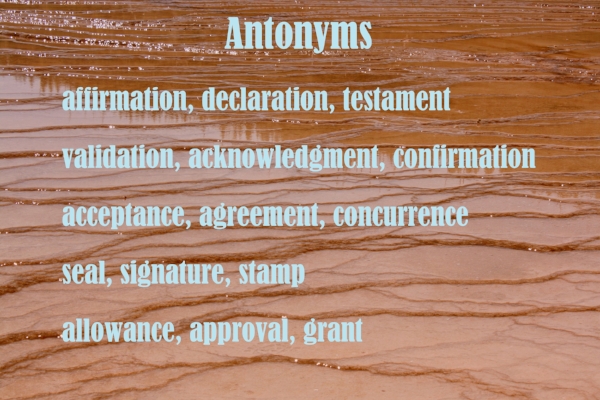Recently I attended a writer’s conference and one session addressed crossing genres and how to market yourself. What I took most from this informative talk was that we as authors can find a common thread when we cross genres…or stay in the same genre.
Then a friend asked questions about my writing and it got me thinking.
What is my common thread?
A thread is hard to define. It’s your “brand”: what readers expect when they pick up one of your books. It’s not just your voice or your style, but it’s what makes your books uniquely yours. Your footprint. Elements, revolving themes, character types, etc. And once you have a handle on it, you can grip that brand/footprint/thread and take it through each book. My threads came about organically, subconsciously. Does this mean we are boxed in by predictability? No! It’s just our signature…our footprint. Each story is unique.
My writing is spiritual, emotional, as well as a form of therapy and healing, all tied up nicely with bow blooming with hopes and dreams. I take difficult aspects of my life (grief, loss/death, experiences) and weave them into my books. I love hope.
I write romance (historical and contemporary) and women's' fiction. Toss in travel magazine articles.
With my wheels turning, I dug for my threads. What did I find?
Love (parental, partner, or sibling),
spirituality, hope, journeys & nature.
My Threads
Love
Spirituality
Nature
Hope
Journeys
(Life experiences)

